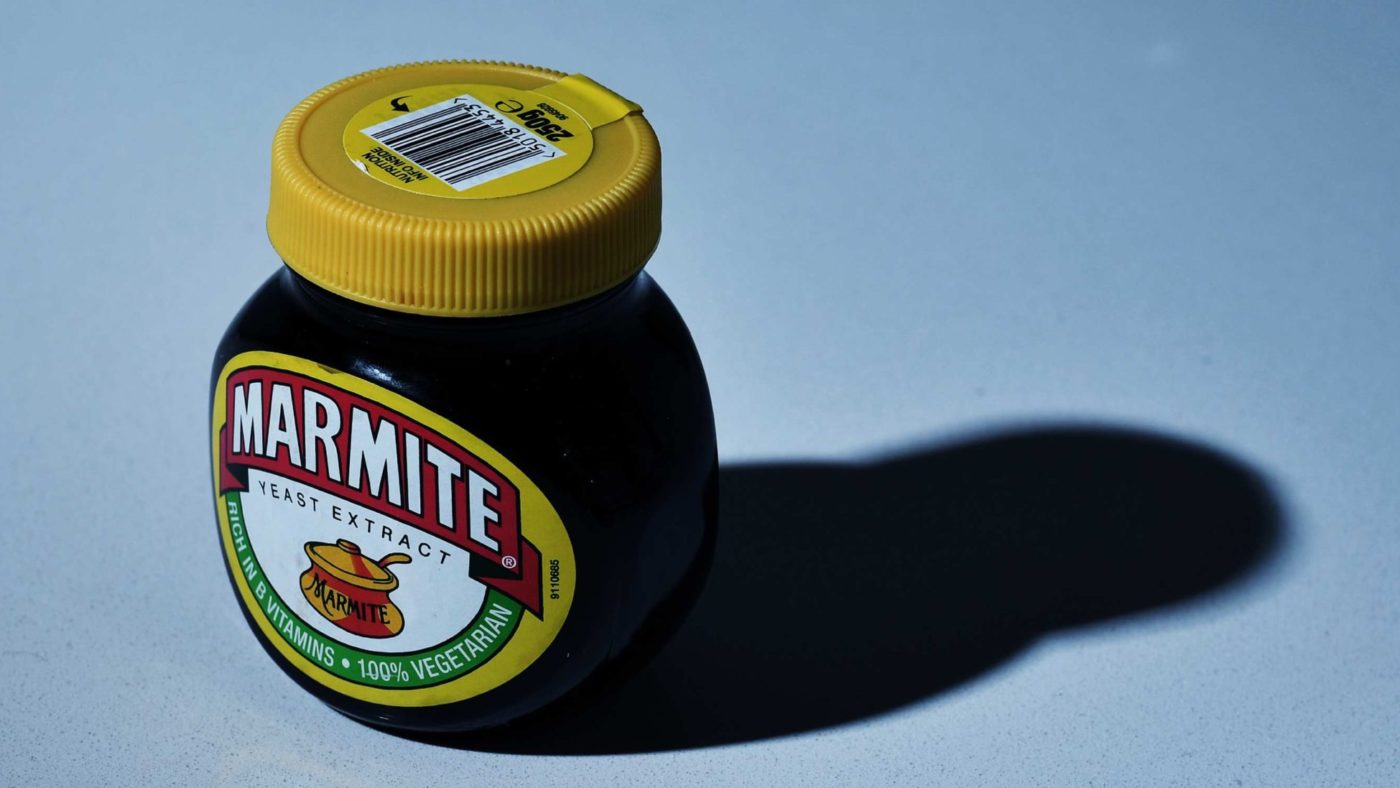At last some good news. Unilever, the Anglo-Dutch brand behemoth, has axed its plans to flee grim Brexit Britain. If it had done so, it would have been a huge Vote of No Confidence in London and the FTSE100, resulting in the loss of one of the most sustainable and reliable businesses in the index.
The rationale for the Unilever proposal was that axing its current dual-structure and unifying both its headquarters and listing in the Netherlands would reduce costs and complexity. These were sorely exposed when Unilever found itself on the receiving end of a $140bn hostile approach from carnivores at Kraft Heinz in 2017. Dutch takeover laws are also more restrictive than in the UK.
Leaving aside what one might describe as patriotic sentiment, the proposal was a shabby one for UK shareholders. UK investors, unable to hold shares in a foreign company, would have had to sell their shares, triggering capital gains tax liabilities. FTSE tracker funds would also have been forced to sell their shares, depressing the price. And no premium was being offered to UK shareholders to compensate for the takeover by the Dutch arm.
As London is a deeper and more liquid market than the Amsterdam stock exchange, it makes more sense to unify in London as its peer RELX has recently done. About two thirds of the Unilever business is anyway run from the UK.
Unilever does not sell alcoholic drinks, but we can celebrate with plenty of other attractive items from its store cupboard: Marmite, Bovril, Magnums, Hellmann’s mayonnaise, all washed down with some PG Tips. But before we do so, we should consider the lessons.
First, shareholders are on the march, but in a considered fashion. After years of powerlessly watching CEOs and directors sign off takeovers and large pay packages for themselves, we have suddenly discovered that shareholder democracy counts. And many investors are apparently taking a longer-term view than they used to. All credit to the institutions, led initially by the usually reclusive Lindsell Train but co-ordinated latterly the Investment Association, who came out publicly to say they would vote against the Unilever move.
We are going to see more of this, with institutions (who remember mostly invest on behalf of you and me), increasingly expected to say how they are going to vote in corporate situations before the poll is taken. That, surely, is a good thing as it will lead to greater accountability. How odd that BlackRock, Unilever’s biggest shareholder and the world’s largest asset manager (which also enjoys lecturing corporates) refused to say how it planned to vote.
Second, the financial press still counts. It has recently been fashionable in City circles to dismiss not just public opinion but the views of commentators. On this occasion, it is obviously the case that the stink kicked up by the financial press not only influenced institutions and the Unilever board, it also helped galvanise retail investors. A hat tip goes to my old boss Neil Collins, the former City editor of the Daily Telegraph, now put out to grass at the Financial Times, who kicked the whole thing off.
Third, retail shareholders have more, not less, power than they used to. Retail shareholders theoretically only own about 12 per cent of shares in listed companies, but the true number is disguised by the use of “nominee accounts”. In order to facilitate paperless online trading, individuals rarely hold shares directly, with their own share certificate. Instead, their broker aggregates all accounts into one holding it owns as nominee, and individuals have a mere beneficial interest.
The Unilever situation has exposed the fact that many retail shareholders no longer have the ability to vote. Thousands of them demanded their brokers nonetheless vote against the move and for the most part, they agreed to do so. But it was all rather vague, complicated and unsatisfactory.
An additional wrinkle is that Unilever required to execute its flight not just a 75 per cent majority of shares voted, but a 50 per cent majority of actual individual shareholders. It turns out that retail investors could not count in that second test because of the nominee accounts issue. If they wanted to vote, they would have to go back to the old paper-based system and get a share certificate, costing them £25 with annoying forms to fill-in.
There are provisions in both the Shareholder Rights Directive and the Companies Act to enfranchise fully retail shareholders who use nominee accounts – of whom there are about four million by the way – but Greg Clark, the Business Secretary, has not done so, despite being pressed by both the UK Shareholders Association and ShareSoc. He should announce his intention to do so as soon as possible.
Fourth, don’t fall for the partisan spin that this was either a) all about Brexit or b) nothing to do with it. In the wake of the Brexit vote, the pound lost 15 per cent of its value and the subsequent uncertainty has led international investors to eschew UK shares. This has left them looking cheap and dangerously exposed to takeovers.
The chief executive of Unilever, Paul Polman, was understandably further alarmed by the anti-business attitude of No.10 (especially during the takeover approach from Kraft), the mad Panglossian rhetoric of the Brexiteers and the march of Jeremy Corbyn. Thank goodness sensible, long-term investors looked through this embarrassing silliness by our politicians.
What ultimately, are we to conclude? Shareholder democracy is not only one of the growing movements of our time, it is to be welcomed as a response to both the corporatist tendencies of previous decades and the populist indignation of our own. The Unilever victory is a comfort that, in the end, common sense should prevail.


